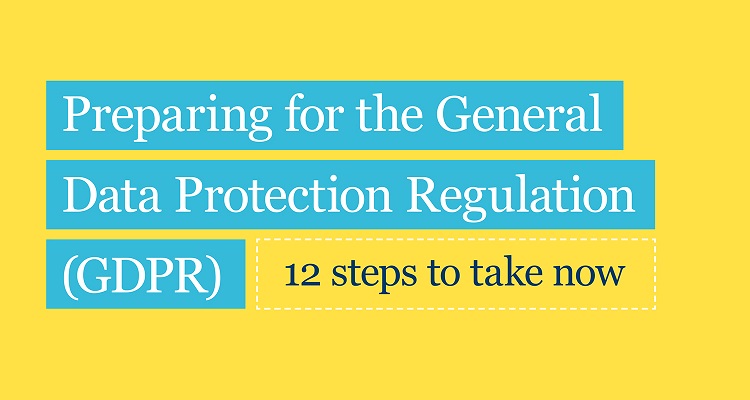10 things you should know when marketing to Builders
Read More


Most of the information circulating about the General Data Protection Regulations (GDPR) has been written by data specialists to be read and consumed by other data specialists.
This is not that helpful if data is not a 24/7 worry, and all you want is to know what you need to do to comply with the new regs.
Having chewed over many of these articles, plus attended a one-day DMA conference for additional clarity, here’s my take on things you should know and do to encourage you to take the first steps towards compliance!
Yes, yes, yes,…if you hold employee, supplier, customer or prospect data on a database then the answer is a simple YES!
If you currently comply with the existing Data Protection Act 1998, then you have already shown that you are running your business responsibly…a great place to start from!
For both DPA and GDPR, any content sent in B2B marketing communications, regardless of media channel, i.e. email / sms / telephone / direct mail, must be about products and/or services that are relevant to the recipients’ job role… so no change there!
However, the current DPA instructs that marketing message can be sent to ALL B2B contacts, as long as the message contains an easy way for them to opt-out, regardless of channel used.
Now this is where it differs from the new GDPR and requires action by you:
To contact them using email/sms ~ you now need opt-in consent
To contact them using telephone/direct mail ~ you need to offer an opt-out, same as before!
To contact them using email/sms/telephone/direct mail ~ you need to offer an opt-out
It’s time to ACT NOW! Download ICO’s ‘Preparing for GDPR – 12 steps to take now!’
https://ico.org.uk/media/1624219/preparing-for-the-gdpr-12-steps.pdf
In summary: in the words of the Information Commissioner’s Office (ICO)…
‘The major shift with the implementation of the GDPR will be giving people greater control over their data. Today’s customers understand that they need to share some of their personal data with organisations to get the best service. But they’re right to expect organisations to then keep that information safe, be transparent about its use and for organisations to demonstrate their accountability for their compliance.’